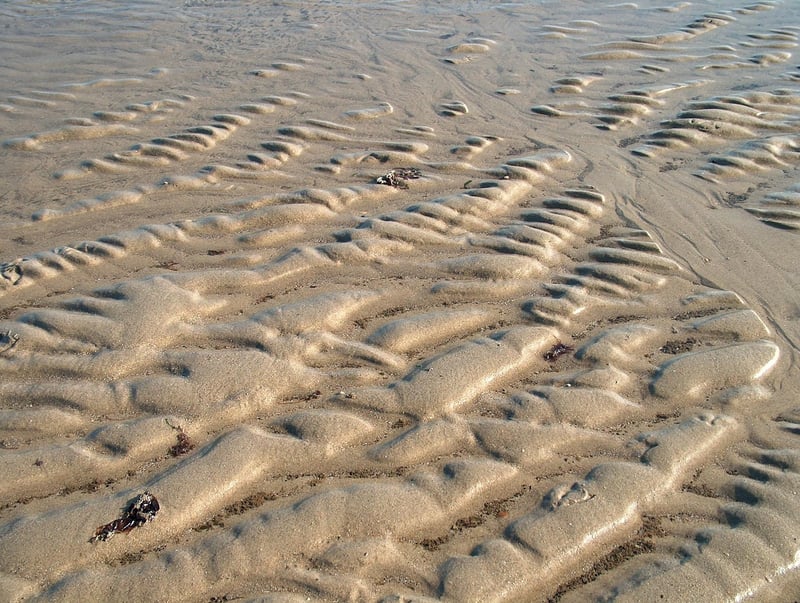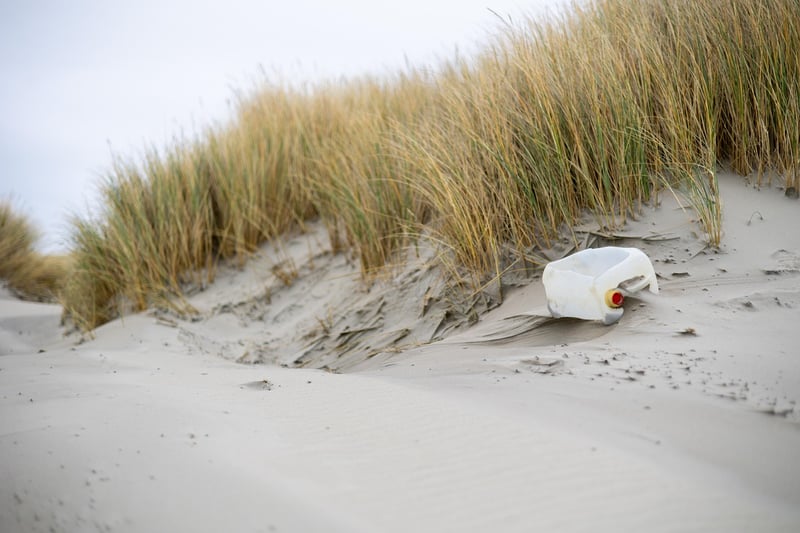Waste Reduction Techniques
Environmentally Conscious Gardening and Waste Reduction Techniques
Welcome to our guide on environmentally conscious gardening practices and waste reduction techniques. In this article, we will explore how you can create a thriving garden while minimizing your environmental impact and reducing waste. Let's dive in!
1. Composting
Composting is a fantastic way to reduce waste in your garden. By composting organic materials such as kitchen scraps, yard waste, and leaves, you can create nutrient-rich compost to feed your plants. This not only reduces the amount of waste sent to landfills but also improves soil health and fertility.

2. Water Conservation
Conserving water is crucial for environmentally friendly gardening. Consider collecting rainwater in a barrel to use for watering your plants. Additionally, using mulch in your garden can help retain soil moisture, reducing the need for frequent watering.

3. Native Plants
Choose native plants for your garden as they are well-adapted to the local climate and require less water and maintenance. Native plants also provide food and habitat for beneficial insects and wildlife, promoting biodiversity in your garden.

4. Integrated Pest Management (IPM)
Implement Integrated Pest Management practices to control pests in your garden without relying on harmful chemicals. This approach focuses on prevention, monitoring, and using natural predators to manage pest populations, reducing the need for pesticides.

5. Upcycling and Repurposing
Get creative in your garden by upcycling and repurposing items. Use old containers as planters, create garden art from recycled materials, or build raised beds from reclaimed wood. Not only does this reduce waste, but it also adds a unique touch to your garden.

By incorporating these environmentally conscious gardening practices and waste reduction techniques, you can create a sustainable and eco-friendly garden that benefits both your plants and the planet. Happy gardening!
